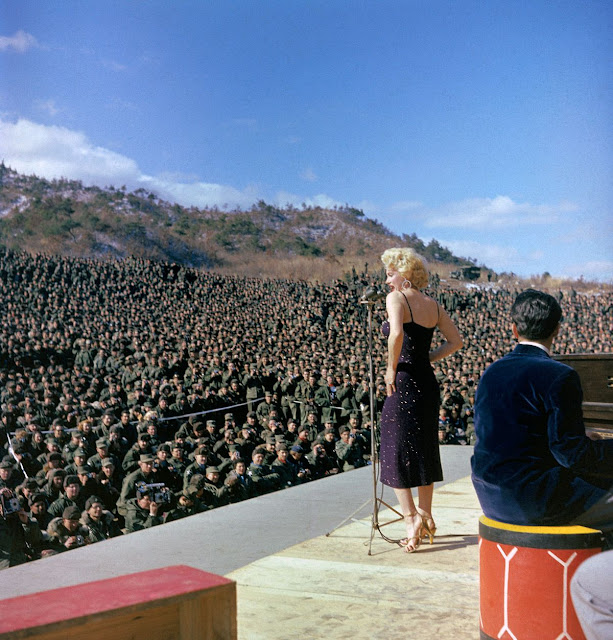I pause to record that a book review of mine appeared in the paper of record last Saturday. Here is a slightly fuller version.
Will
By Will Self
(Penguin Viking)
In case it has escaped your notice, personal memoir is the preferred mode de nos jours, to the extent that one wonders why anyone would now be bothered going to the very great trouble of doing anything as trivially transparent and plain old-hat as making stories up. Fiction writer and sometime T.V. personality, Will Self, has clearly sensed the current mood, and decided it is high time he got in on the act too. But if Will is to deliver himself of his tuppence worth, what is his (fairly) Unique Selling Point in this sea of self (lower-case) -confession? Why, his years in the throes of addiction, with particular emphasis on his intravenous drug use.
Notable antecedents are signalled as enabling touchstones from the get-go. The epigraph is courtesy of Aleister Crowley’s Diary of a Drug Fiend, ‘Brother Bill’ (Burroughs) dutifully gets a namecheck as early as p.2, and there are allusions to Thomas De Quincey’s Confessions of an English Opium-Eater.
The Crowley quotation runs along the lines of Rimbaud’s ‘This I is another’: ‘I’ve often thought that there isn’t any ‘I’ at all; that we are simply the means of expression of something else; that when we think we are ourselves, we are simply the victims of a delusion.’ This sentiment sanctions Self writing about himself in the third person throughout, e.g. ‘Will thinks…’, ‘Will goes…’, Will suspects…’, etc. When coupled with the frequent use of the past perfect tense, this device creates an oddly distancing effect, which can impair the immediacy of the prose.
Like most of us, Self had a less than idyllic childhood, verging on the miserable, marred in this case by the war of attrition between his feuding parents. His father, some sort of ill-defined academic, is characterised as a ‘pontificating Polonius’, while his mother, who worked as a publisher’s editor, is best remembered for her hoary old homilies, repeated like some tragic chorus at regular intervals during the narrative: ‘waste not, want not’; ‘don’t care was made to care’. Fortunately, domestic disharmony is not depicted, in some facile pop psychological join-the-dots Self-diagnosis, as directly responsible for Will’s unhappiness, and subsequent drug use – not even when instances of Self-harm, featuring Wilkinson’s Sword razor blades and cigarette burns, are recounted. (Sorry for all those upper-case S’s, but they virtually write themselves.)
The book divides into five sections, spanning the years from May 1979 to August 1986, and taking in Will’s late adolescent schooldays and early adult university career at Oxford. The fourth segment, beginning in April 1984, is a diversionary travelogue detailing time spent in Australia (where his father, with new wife, is now lecturing) and India (where he is to rendezvous with Caius, one of his trust fund, junkie, university buddies), destinations Will decamps to in a spectacularly unsuccessful attempt to get off smack. Elsewhere, drug and alcohol escapades around London and Oxford are presented, along with the daily grind of scoring, and finding the money to score. However, possibly because Self has always been more interested in ideas than characterisation, other people are not imbued with much sense of reality, but are instead sketched in the broadest of strokes. On the other hand, this could be construed as a reflection of the addict’s inherent solipsism.
All of which inevitably leads to the time spent in rehab, financed by his careworn and unravelling mother, which predominates the final portion of the tome. Will is, of course, too clever to be taken in by what he describes as The Programme’s ‘bogus syncretism of evangelical Christianity and sub-Freudian psychotherapy’, and finds the group’s methods of ‘confronting’ and ‘giving strong feedback’ to be nothing more than simple ‘bullying’. Thus, he is deemed to be merely ‘complying with’, rather than ‘believing in’ The Programme. Ultimately, what makes him ‘turn his life around’ is the same realisation all surviving addicts have: if he doesn’t stop, he will die. And so he exerts his Self Will, and goes on the wagon – at least for a while.
But that’s the problem with this rambling and random, overlong yarn: as John Cooper Clarke has remarked, when deflecting questions about his own lost decade, “All junkies’ stories are the same.” At least Burroughs’ blatantly autobiographical debut (an anomaly in all his subsequent work) ended with an essay which attempted to recalibrate the psychosocial explanation of addiction away from the standard medical model of deep-seated trauma resulting in psychological distress, towards viewing it simply in terms of ease of availability and physiological dependence. Similarly, knocking satire out of treatment programmes and the recovery industry has been done previously many times and better, for example in A. L. Kennedy’s gruelling novel Paradise. Furthermore, in this context it is pertinent to ask: given the vagaries of human memory, to say nothing of intentional dishonesty, how true and reliable are memoirs anyway? Maybe imaginative literature gives a greater truth (and let’s not even get started on spurious terms like ‘creative non-fiction’, or ‘life writing’.)
In a sense, given the bizarrely inventive nature of much of his fiction, Self is too smart to be writing this sort of book. What’s more, he knows it, and it shows. Even he seems, at times, rather bored by the endless round of copping, shooting, copping. Which prompts the question: why is he writing about it, without saying much that is new? Contractual obligations, perhaps? Let the reader decide.
